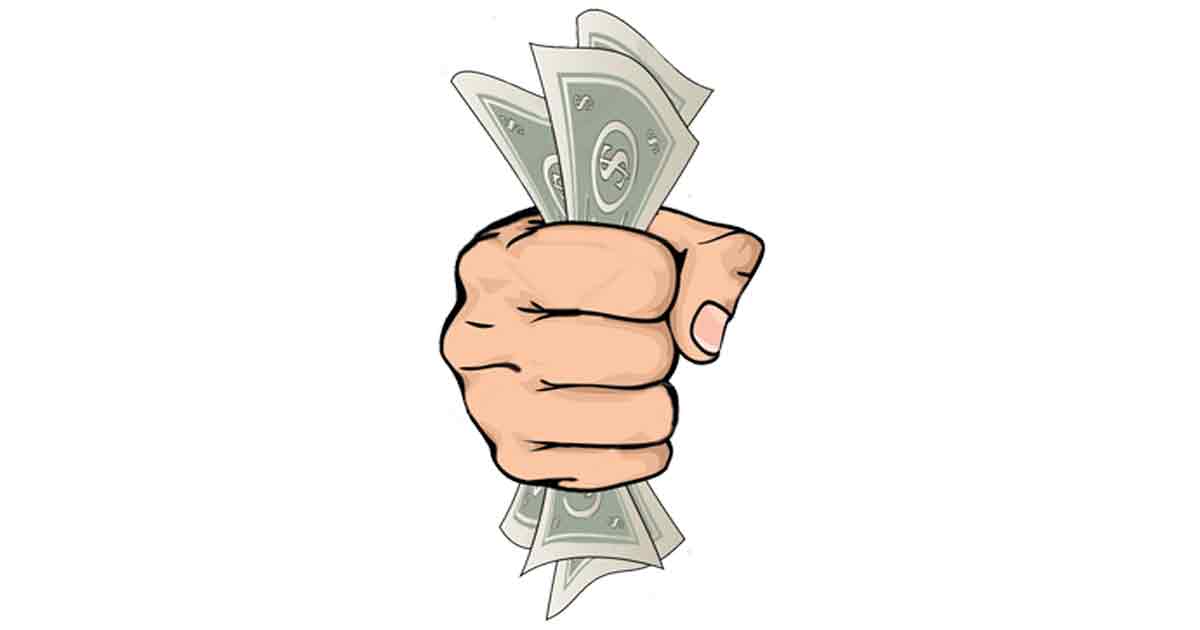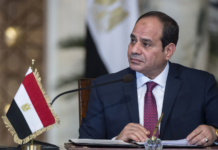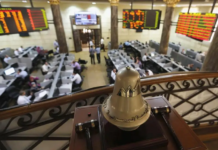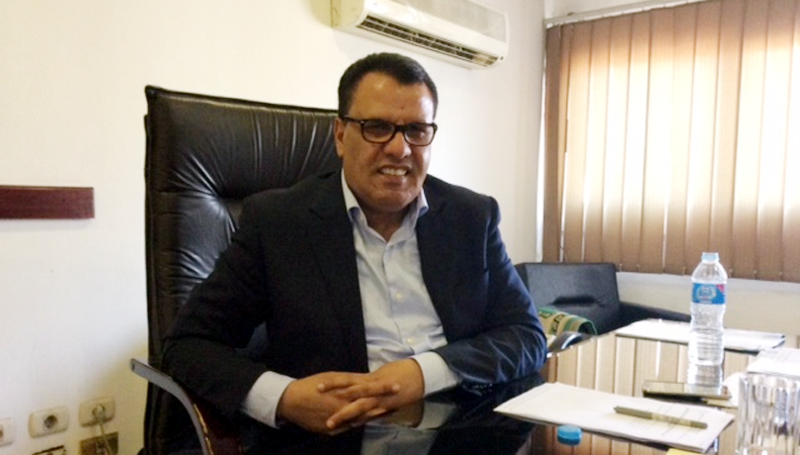Egypt has a wise political leader who believes in the importance of attracting foreign investments of all sectors. President Abdel Fattah El-Sisi pays due concern to investments and trade, for the role they play in achieving social and economic development. Because Egypt enjoys abundant opportunities in all fields, the president was able create a proper working environment that encouraged Arab and foreign investors to direct their attention to it. Consequently, direct investments boomed, including a $2bn Emirati deposit in Central Bank of Egypt in few days following the CBE-UAE meeting by the end of this month. This is expected to place more controls on dollar exchange values, which reached now 11.50 pounds in black market.
So, Can the Egyptian government save the pound from the crazy increase in dollar value and the resulting soaring prices in domestic market?
One of CBE’s executives said that the $2bn Emirati deposit will probably arrive at the bank in the next few days, stressing on the positive impact it will have on foreign currency reserves. It is also expected to help the government control the exchange market to end the daily increase in dollar value which put investors in trouble, as they became unable to cover their needs of dollars from the official market. Thus, they resort unwillingly to black markets to get the foreign currency they need, for a price higher than the official one. As a result, prices of imported goods or products made of imported raw materials inevitably shoot up. This represents especially a massive problem because we import more than 60 per cent of our needs, according to experts. We are now left with one persisting question:
How can Egypt provide dollar and avoid higher exchange value? Is there a way to eliminate parallel dollar exchange market?
Despite the latest decisions by CBE to lift cap on dollar withdrawals and deposits for natural persons and maintain them for juristic persons, this is not an ultimate solution for the crisis, according to Head of Importers Division at Cairo Chamber of Commerce Ahmed Shiha. For the problem still persists for companies. It is true that these decisions were aiming at curbing imports, but they negatively influenced industry. Moreover, companies failed to get the amounts of foreign currency they need, so they turned to black market and speculations on dollar revitalised.
Shiha called on ending all caps on dollar withdrawals and deposits, eliminating dollar black market, providing the foreign currency so the supply would exceed the demand and holding all exchange offices that violate laws and regulations accountable. It is also necessary to impose $50m insurance on each exchange company to regulate their work and avoid any manipulation attempts. Pumping foreign cash to banks, which will be provided from the sum of insurance levies and estimated at $25bn, will contribute to solving the dwindling dollar problem. Moreover, it is important to open letters of credit with facilities to suppliers, which will provide another $25bn, consequently covering all the $50bn insurance. This is essential especially since the high dollar exchange value send negative message to international investors who wish to work in Egypt. The crisis has also cast negative shadows on airlines, electronic, car and tourism companies, many of them who threatened to bail out of the Egyptian market, because they cannot transfer profits.
Black market & secret speculations
It might be acceptable that prices of an imported commodity or of a product made of raw materials increase, but there is no reason for the hike in domestic commodities’ price- like rice, meat and vegetables- Head of Importers Division at Cairo Chamber of Commerce said.
He assured that if the decisions that proved failure and sparked the dollar crisis are nulled, the situation will be better- i.e. no more speculations, circumventing dollar, or black market. CBE had previously announced raising cap on dollar deposits to $250K per month with no daily limits last January for the companies that import basic commodities, then to $1m in February for the companies that import raw material. But, the crisis still persists.
Shiha emphasised that the pound devaluation results into more expensive local products, as they are manufactured of imported material. But still the impact is way intensified on total foreign industries. This undermines, in result, the domestic consumer purchasing power.
However, Shiha concluded assuring that there is still hope among investors that tarek Amir, newly appointed CBE Governor, will be able to curb the soaring dollar exchange value.















